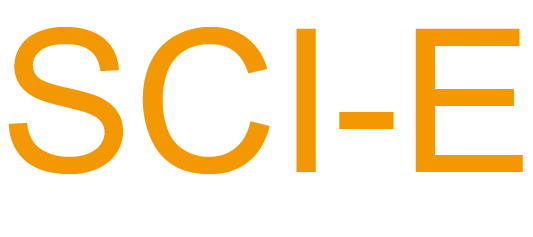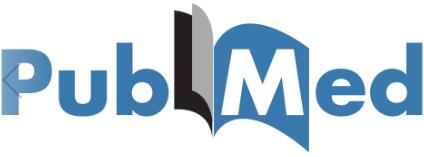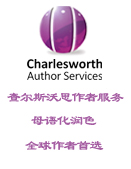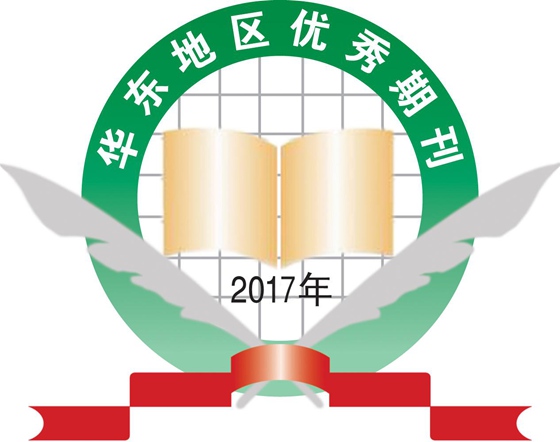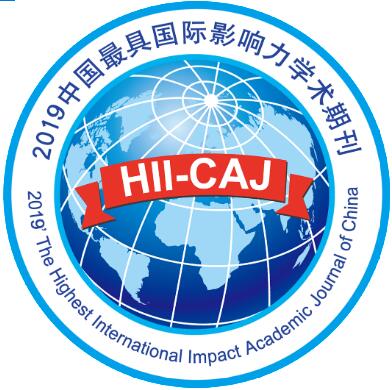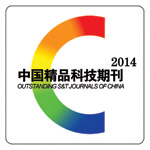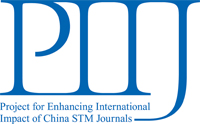Background: Chronic severe hepatitis is a critical disease with high mortality. Currently, effective drugs and therapy still lack. Comprehensive and supportive treatment, artificial liver and liver transplantation are the main therapies. A great number of studies on traditional Chinese medicine (TCM) in many ways combined with Western medicine treatment for chronic severe hepatitis have been reported, but the efficacy and safety still lack systematic evaluation.
Objective: To evaluate the efficacy and safety of integrative medicine therapy for chronic severe hepatitis.
Search strategy: Literature was searched from PubMed, the Cochrane Library, the China National Knowledge Infrastructure Database, the Chongqing VIP Chinese Science and Technology Periodical Database, the Chinese Biomedical Literature Database and Wanfang Database. The time limitation ran from the commencement of each database to February 29, 2012.
Inclusion
criteria: Randomized controlled trials (RCTs) testing Chinese herbal medicine (CHM) combined with Western medicine (comprehensive and supportive treatment or artificial liver plasma exchange) against Western medicine were included.
Data
extraction and analysis: Two authors collected and extracted data independently. The methodological quality of literature was assessed by risk of bias table from Cochrane Collaboration and the data were analyzed by RevMan 5.1 software. Heterogeneity of the included studies was checked by Chi-square test. The efficacy measure was relative risk (RR) or mean difference with a 95% confidence interval (CI).
Results: A total of 45 RCTs involving 4 449 patients with chronic severe hepatitis were included. Quality of all included trials was low. The oral CHM, enema and combined TCM with either Western medicine or plasma exchange were superior to Western medicine alone in improving total effective rate and reducing mortality with significant differences. In laboratory parameters, the integrative medicine treatment group was better than Western control group in reducing the total bilirubin and alanine aminotransferase, but two groups showed equal efficacy in lowering aspartate aminotransferase activity. The oral Chinese medicine combined with Western medicine or plasma exchange was better than Western medicine used alone in improving albumin synthesis and coagulation function, but Chinese medicine enema had no significant effect on the level of plasma albumin. The main side effects of the treatment group were abdominal pain, diarrhea and other intestinal symptoms after enema, while adverse reactions of the control group were mainly due to the plasma exchange.
Conclusion: Integrated Chinese and Western medicine can promote the recovery of liver function and coagulation function, and reduce the mortality rate of patients with chronic severe hepatitis. However, due to a lower quality of clinical trials published in Chinese journals, the evidence is insufficient to prove the superiority of integrative therapy. Further well-designed, multicenter, large-sample RCTs are still needed to evaluate the beneficial effects of CHM.
 Table of Content
Table of Content



